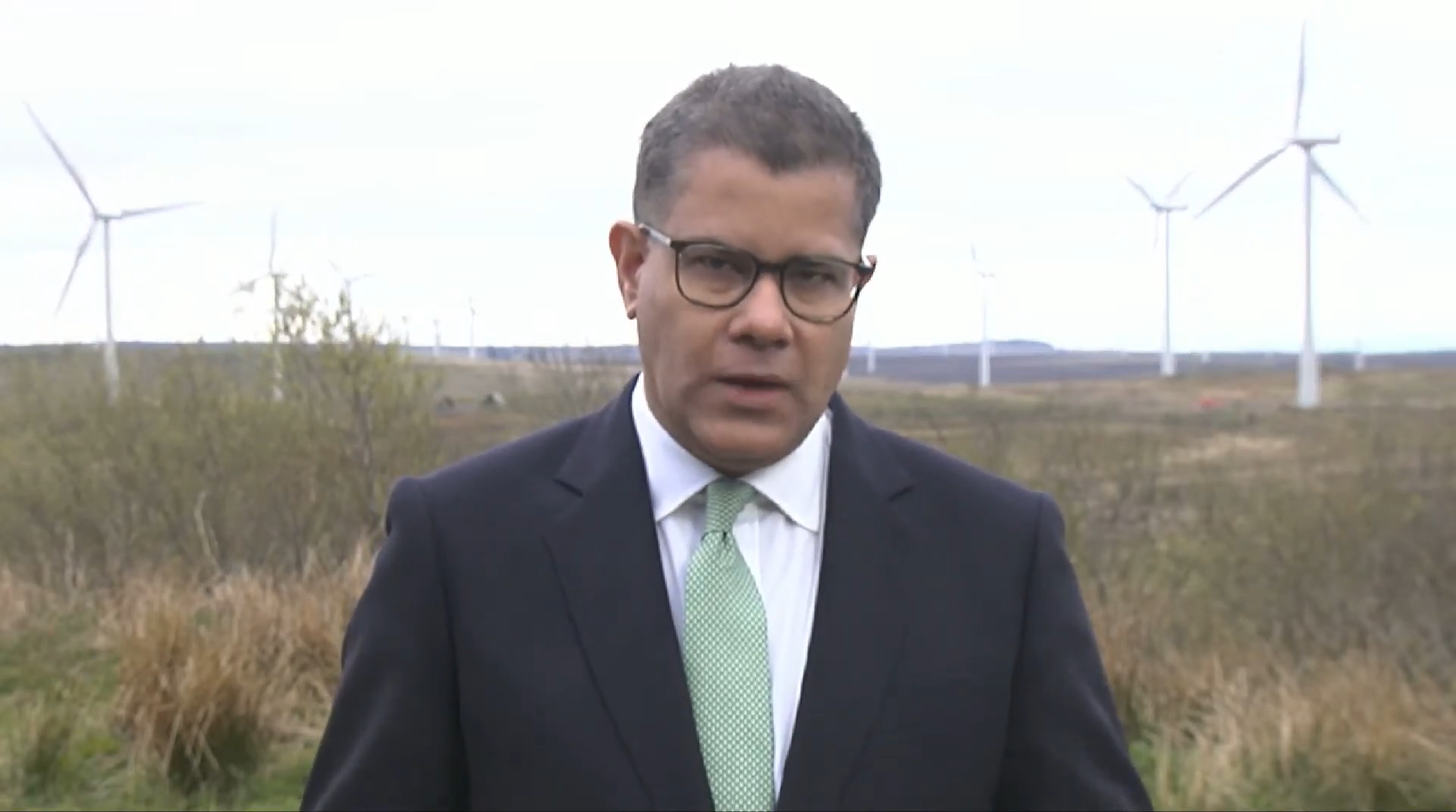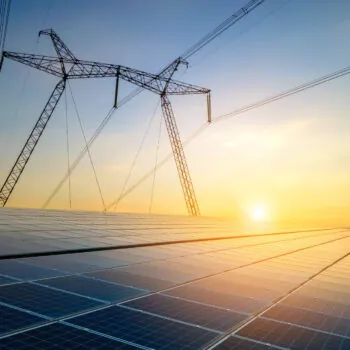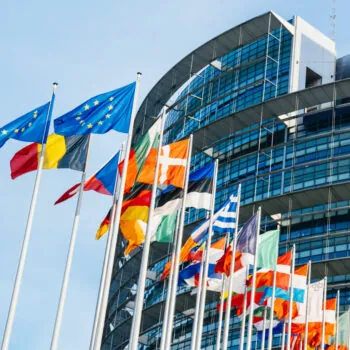Climate talks President Alok Sharma has given a major speech at Whitelee onshore wind farm, near Glasgow on Friday 14 May.
Story
COP26 President Designate Alok Sharma has highlighted the role of COP26 as ‘keeping 1.5°C’ alive, through urgent action on coal, deforestation, and ensuring countries have access to finance for climate action.
The focus on coal comes almost three years after the release of the IPCC Special Report on 1.5°C highlighted how urgently coal use must collapse to give the world a chance of keeping warming under 1.5°C. The UK’s own success in rapidly reducing coal power generation provides a platform for it to advocate for similar actions by others.
Positively, 59% of OECD countries are now members of the Powering Past Coal Alliance, and on their way to phasing out coal by 2030. But major coal users like G7 members Japan and the USA need to up their game over the coming weeks.
Quote
Leo Roberts, coal transition expert at E3G said:
“Putting the world on course to ending coal power generation is the single largest action the COP26 Presidency could deliver in Glasgow. It would be the major enabler to ensure the recent swathe of mid-century Net Zero targets are achievable.
If the UK, as COP26 president, can broker a 2030 coal phase-out in the OECD, and support others to end new coal construction and pivot to clean energy, it will have been pivotal in getting emissions reductions on track.”
Alex Scott, Diplomacy Lead at E3G said
“The UK’s vision for COP26 is clear, ambitious and absolutely necessary. But it’s a formidable diplomatic challenge: to unite 197 countries to commit to urgent action over the next decade to halve global emissions by 2030. Boris Johnson must get the UK’s own house in order and swing the full might of the UK’s diplomatic force behind Alok Sharma.
Delivering on Alok Sharma’s ambition begins at next month’s UK G7 Summit. Boris Johnson should be judged on his ability to rally the biggest economies to lead on coal, phasing out public finance for fossil fuels, and dramatically scaling up finance for climate action in developing countries. The G7 must set an unmistakeable direction of travel for the rest of the world, particularly big G20 emitters and China, vital partners for success at Glasgow.”


